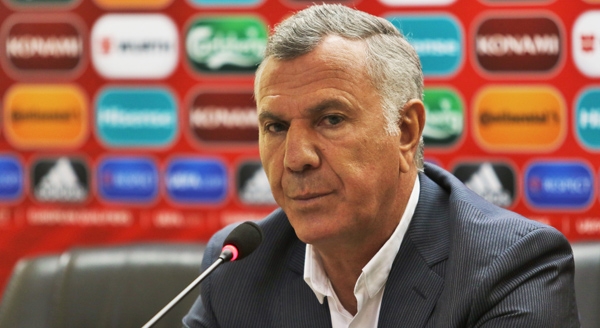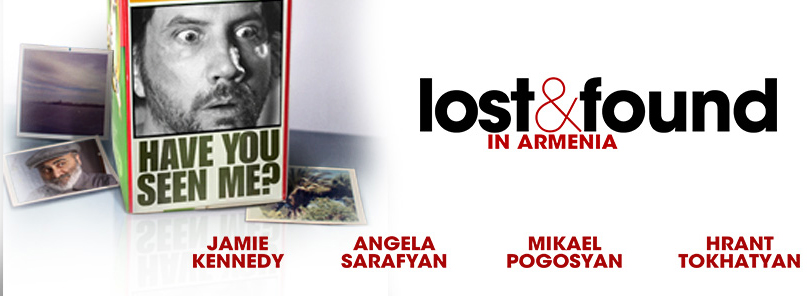By: K. KHODANIAN
Former president Serzh Sargsyan, who was ousted from power in 2018 following a popular uprising, recently penned an open letter to the presidents of the United States, Russia, and France, requesting humanitarian aid for the people of Artsakh. While the appeal for assistance was considered a positive step, it was noted that Sargsyan’s primary complaint seemed to be directed at the current prime minister of his country rather than the leader of Azerbaijan.
In his letter, Serzh Sargsyan conveys that in 2018, the Armenian society made an “emotional decision” and “entrusted power to an individual who appeared to lack a comprehensive understanding of statecraft.”
During his July 24 press conference, Prime Minister Pashinyan, in response to a question from a journalist, referred to this specific part of Serzh Sargsyan’s letter. “I consider it normal for Serzh Sargsyan to write a letter, but when he writes about the humanitarian crisis in Nagorno-Karabakh, it’s disheartening to see that the initial paragraphs are primarily focused on criticizing the current leader of Armenia. Even when we were in the opposition, we refrained from such practices while communicating with the international community or addressing Armenia’s issues through letters. It’s regrettable. I am not just speaking for myself; I can imagine how others would react. He diminished both himself and the country with this approach,” Pashinyan remarked.
During his years in power, Serzh Sargsyan had the opportunity to take practical measures to safeguard Artsakh, primarily by providing modern weaponry and equipment to the RA armed forces and the Artsakh Defense Army. The 44-day war that erupted on September 27, 2020, was not an isolated event but rather had its roots in the four-day war that occurred on April 1, 2016. Following that conflict, a ceasefire was established, but hostilities on the border did not completely cease. After the four-day war, Serzh Sargsyan’s words of regret that the Armenian army was fighting with weapons of the 80s are still fresh in our memories. Why was it like that, the answer to that question has not been given to this day.
Following the 2016 events, it was crucial for an extensive army-building campaign to commence immediately, with a focus on replacing the outdated weaponry of the 1980s with modern armaments. Unfortunately, such a campaign did not materialize as expected. Whenever reports surfaced about Russia selling new weapons to Azerbaijan, the authorities of that time seemed to be content with merely lodging complaints. In response, the Russian side justified its actions by stating, “If we don’t sell, others will.”
Indeed, the presence of outdated weaponry from the 1980s in the arsenal of the Armenian armies played a role in determining the outcome of the 44-day war. The use of obsolete armaments put the Armenian forces at a disadvantage when confronted with a well-equipped adversary.
The individual who wrote a letter with such content, having come to power through two rounds of rigged elections, has the audacity to criticize the Armenian people for their choices and even harbors thoughts of returning to power. However, it should be apparent by now that the Armenian society did not make an “emotional decision” but rather a decision driven by deep discontent.
The people of Armenia were appalled by the conditions they endured during his leadership, the prevalence of corruption, the occurrence of election fraud, the dominance of economic monopolies, and various other issues. These factors have led to a sense of disgust among the populace.
The fact that the Armenian society re-elected a leader, even after “losing the war,” rather than supporting individuals like Robert Kocharian and Serzh Sargsyan, who exploited Artsakh and its people for two decades to retain power, speaks volumes. It indicates that the people have grown tired of the same incompetent figures perpetuating a system that serves their interests rather than the well-being of the nation.
History will eventually pass judgment on those who truly lacked an understanding of statecraft, and Serzh Sargsyan’s name may very well be prominently featured at the top of that list.
“MASSIS”










